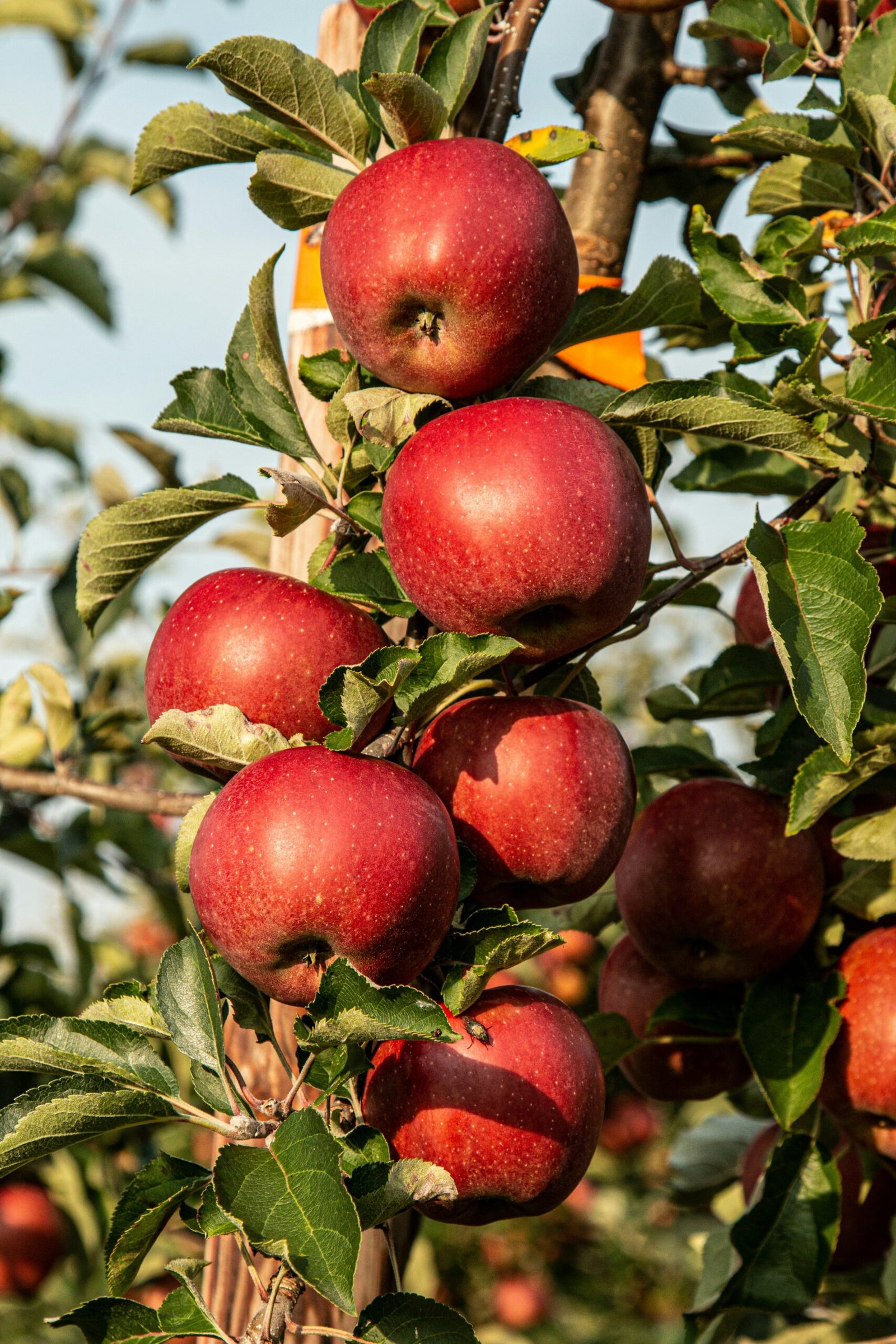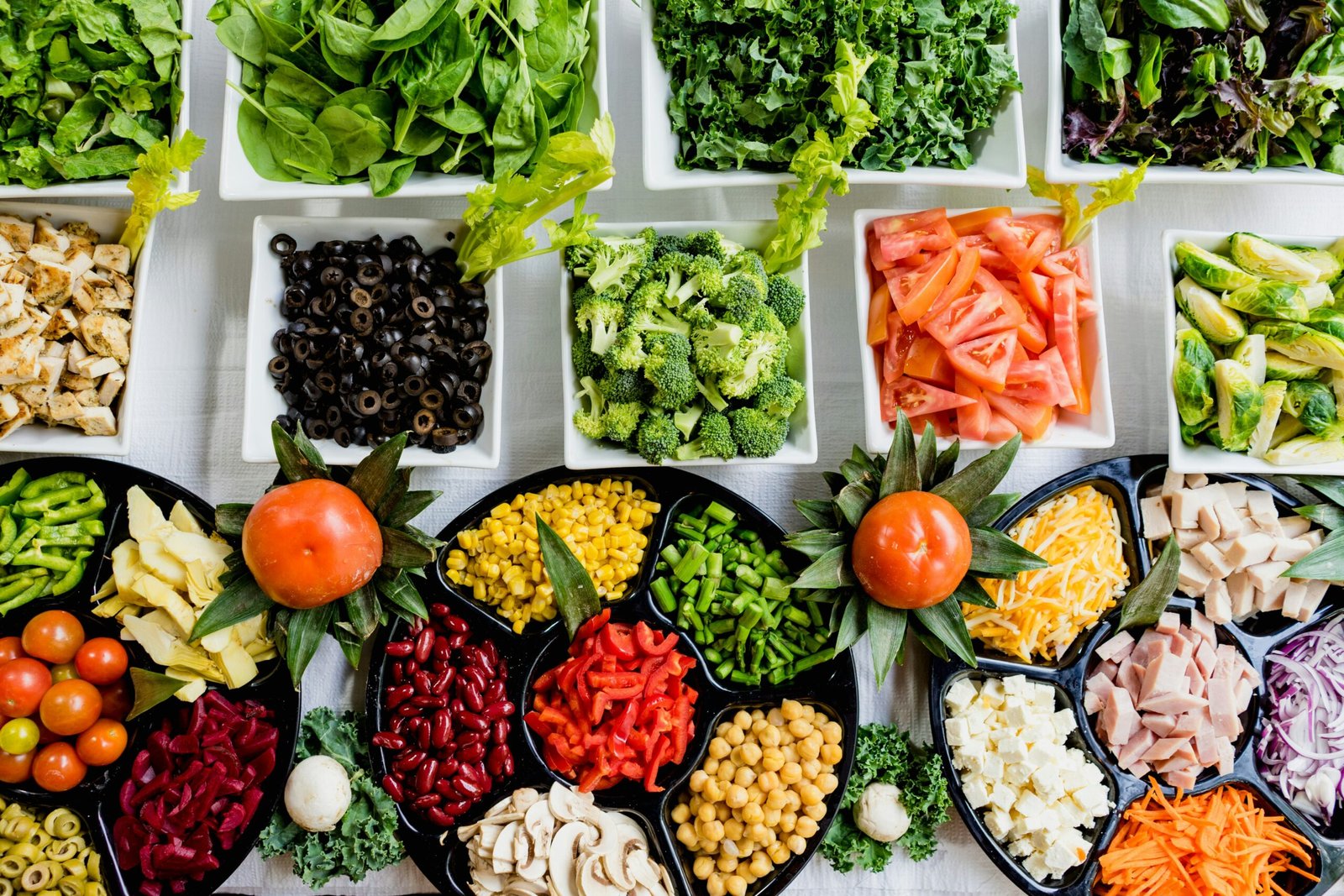One of the main reasons behind the rise of organic foods is the increasing awareness of the potential health benefits they offer. Organic foods are grown without the use of synthetic pesticides, herbicides, and fertilizers, which means they are free from harmful chemicals that can have adverse effects on human health. Studies have shown that organic foods may have higher levels of certain nutrients, such as vitamins, minerals, and antioxidants, compared to conventionally grown foods. This has led many health-conscious individuals to make the switch to organic in order to ensure they are consuming the most nutrient-dense foods available.
In addition to the health benefits, the growing popularity of organic foods can also be attributed to the rising concern for sustainability and the environment. Organic farming practices prioritize soil health, biodiversity, and water conservation. By avoiding the use of synthetic chemicals, organic farmers help protect the soil from erosion and degradation, preserve water quality, and promote the growth of beneficial insects and wildlife. Furthermore, organic farming relies on natural methods of pest control, such as crop rotation and the use of beneficial insects, reducing the need for chemical pesticides that can harm the environment and non-target species.
Another factor driving the demand for organic foods is the desire for transparency and traceability in the food system. Organic certification requires strict adherence to specific standards and regulations, ensuring that organic products are produced and processed according to strict guidelines. This gives consumers confidence that the food they are purchasing is truly organic and has not been genetically modified or treated with synthetic chemicals. With the increasing concerns about food safety and the use of genetically modified organisms (GMOs), many consumers are turning to organic foods as a way to avoid these potential risks.
Furthermore, the rise of organic foods can also be attributed to the influence of social media and the internet. With the advent of platforms like Instagram and YouTube, it has become easier than ever for individuals to share their experiences and knowledge about organic foods. Influencers and bloggers often promote organic products, sharing recipes, tips, and information about the benefits of organic eating. This has helped raise awareness and educate consumers about the advantages of choosing organic options.
Overall, the rise of organic foods can be seen as a reflection of a shifting consumer mindset towards health, sustainability, and transparency. As more people become aware of the potential benefits and the impact of their food choices, the demand for organic products is likely to continue to grow. With ongoing research and advancements in organic farming practices, the availability and accessibility of organic foods are also expected to increase, making it easier for consumers to make the switch and enjoy the many advantages that organic foods have to offer.
Understanding Organic Foods
Before delving into the reasons behind the rise of organic foods, it is essential to understand what exactly organic means in the context of food production. Organic foods are grown or produced without the use of synthetic pesticides, fertilizers, genetically modified organisms (GMOs), or antibiotics. Instead, organic farmers rely on natural methods to maintain soil fertility, control pests, and promote the overall health of the ecosystem.
Organic certification is a rigorous process that ensures compliance with specific standards set by regulatory bodies. These standards vary from country to country, but they generally include guidelines for soil quality, pest and weed management, livestock practices, and the use of additives and processing aids.
One of the key aspects of organic farming is the focus on soil quality. Organic farmers prioritize the health and vitality of the soil, recognizing it as the foundation for healthy plants and nutritious crops. They employ practices such as crop rotation, cover cropping, and composting to enhance soil fertility and structure. These methods not only nourish the soil but also help to reduce erosion and water pollution, promoting long-term sustainability.
In addition to soil quality, organic farmers also employ natural methods for pest and weed management. Instead of relying on synthetic pesticides and herbicides, they use techniques like companion planting, biological control, and mechanical cultivation to control pests and weeds. By working with nature rather than against it, organic farmers strive to maintain a balanced ecosystem where beneficial insects and organisms can thrive, keeping pest populations in check.
Another important aspect of organic farming is the prohibition of genetically modified organisms (GMOs). Organic certification ensures that crops and livestock are not genetically engineered or modified in any way. This is a significant concern for many consumers who are wary of the potential health and environmental risks associated with GMOs. By choosing organic foods, individuals can have confidence that they are consuming products that are free from genetic manipulation.
Furthermore, the use of antibiotics in organic livestock production is strictly regulated. Organic farmers prioritize the health and well-being of their animals by providing them with access to the outdoors, ample space to move and graze, and a diet that is free from antibiotics and growth hormones. This not only promotes animal welfare but also reduces the risk of antibiotic resistance and the presence of antibiotic residues in meat and dairy products.
Overall, organic farming represents a holistic approach to food production that prioritizes environmental sustainability, animal welfare, and human health. By choosing organic foods, consumers can support a system that values natural methods, biodiversity, and the long-term well-being of our planet.
Moreover, choosing organic foods supports the well-being of farm workers and local communities. Organic farming practices prioritize the fair treatment of workers, ensuring that they are not exposed to harmful chemicals and are paid fair wages. By supporting organic agriculture, consumers are contributing to the creation of safer and more sustainable working conditions for farmers and laborers.
In addition to the health and environmental benefits, organic foods are often considered to have better taste and flavor. This is because organic farmers focus on cultivating crops in a natural and sustainable manner, allowing the flavors to develop fully. The absence of synthetic pesticides and fertilizers also means that organic produce is free from chemical residues, giving it a cleaner and more natural taste.
Furthermore, choosing organic foods can also have a positive impact on animal welfare. Organic farming practices prioritize the well-being of animals, ensuring that they have access to outdoor areas, are not subjected to unnecessary confinement, and are fed a diet that is free from genetically modified organisms (GMOs) and antibiotics. By supporting organic agriculture, consumers are contributing to the promotion of humane treatment of animals and the preservation of biodiversity.
It is important to note that while organic foods offer numerous benefits, they may also come with certain challenges. Organic produce is often more expensive than its conventional counterparts due to the higher costs associated with organic farming practices. Additionally, organic foods may have a shorter shelf life compared to conventionally grown produce, as they are free from preservatives. However, many consumers are willing to pay a premium for the health, environmental, and ethical advantages that organic foods provide.
In conclusion, the decision to go organic is a personal one that takes into consideration various factors such as health, environmental impact, taste, and animal welfare. While research on the nutritional differences between organic and conventional foods is still ongoing, the benefits of organic farming practices in terms of soil health, environmental sustainability, and worker welfare are well-documented. By choosing organic foods, consumers can make a positive impact on their own well-being, the environment, and the overall sustainability of our food system.
Furthermore, the increasing awareness about the environmental impact of conventional farming practices has also contributed to the rise of the organic market. Consumers are becoming more concerned about the use of synthetic pesticides, genetically modified organisms (GMOs), and the depletion of soil quality caused by conventional farming methods. As a result, they are turning to organic foods as a more sustainable and eco-friendly alternative.
In addition to the environmental benefits, organic foods are also believed to be healthier and more nutritious. Studies have shown that organic fruits and vegetables tend to have higher levels of certain nutrients, such as vitamin C, iron, and magnesium, compared to their conventionally grown counterparts. Organic livestock is also raised without the use of antibiotics and growth hormones, which can have potential health implications for consumers.
The growing interest in organic foods is not limited to the United States. In fact, the organic market is expanding globally. Europe, in particular, has seen a significant increase in organic food sales in recent years. Countries like Germany, France, and the United Kingdom have experienced a surge in demand for organic products, leading to the establishment of more organic farms and the development of organic certification standards.
As the organic market continues to grow, it presents both opportunities and challenges for farmers and businesses. On one hand, there is a growing demand for organic products, which can be profitable for those who are able to meet the certification requirements and supply the market. On the other hand, the increasing competition in the organic sector can make it difficult for smaller farmers to compete with larger-scale operations.
In conclusion, the organic market is experiencing significant growth due to various factors such as increased availability, the rise of e-commerce, environmental concerns, and the perceived health benefits of organic foods. This trend is not limited to the United States but is also observed globally. As the demand for organic products continues to rise, it is important for farmers and businesses to adapt to the changing market dynamics and seize the opportunities presented by the growing organic industry.
One of the key factors driving the future growth of the organic food industry is the increasing focus on sustainability. Organic farming practices prioritize the use of natural resources and aim to minimize environmental impact. By avoiding the use of synthetic pesticides and fertilizers, organic farmers help protect soil health and biodiversity. They also promote sustainable water management and reduce greenhouse gas emissions. As the global population continues to grow and concerns about climate change intensify, the demand for sustainable food production will only increase.
Moreover, the future of organic foods is closely tied to technological advancements in agriculture. With the development of innovative farming techniques, such as vertical farming and hydroponics, organic food production can become more efficient and scalable. These technologies allow for year-round cultivation in controlled environments, reducing the reliance on seasonality and weather conditions. Additionally, advancements in genetic engineering may enable the creation of organic crops that are more resistant to pests and diseases, further improving yields and reducing production costs.
Another important aspect to consider is the role of government policies in shaping the future of organic foods. Many countries have implemented regulations and incentives to support organic agriculture. These policies include subsidies for organic farmers, grants for research and development, and stricter regulations on conventional farming practices. As governments recognize the benefits of organic farming for public health and the environment, they are likely to continue supporting and promoting the growth of the organic food industry.
Furthermore, the future of organic foods also lies in the hands of the food industry itself. As more companies recognize the market potential of organic products, they are investing in research and development to expand their organic offerings. This includes developing new organic product lines, improving supply chain logistics, and partnering with organic farmers to ensure a stable and reliable source of organic ingredients. As a result, organic foods are becoming more accessible and affordable, making them a viable option for a broader range of consumers.
In summary, the future of organic foods is bright and promising. With increasing consumer demand, a focus on sustainability, technological advancements, supportive government policies, and industry investments, the organic food industry is poised for continued growth. As more people embrace organic choices and recognize the benefits they offer, the organic food market will continue to thrive, providing healthier and more sustainable options for consumers worldwide.







